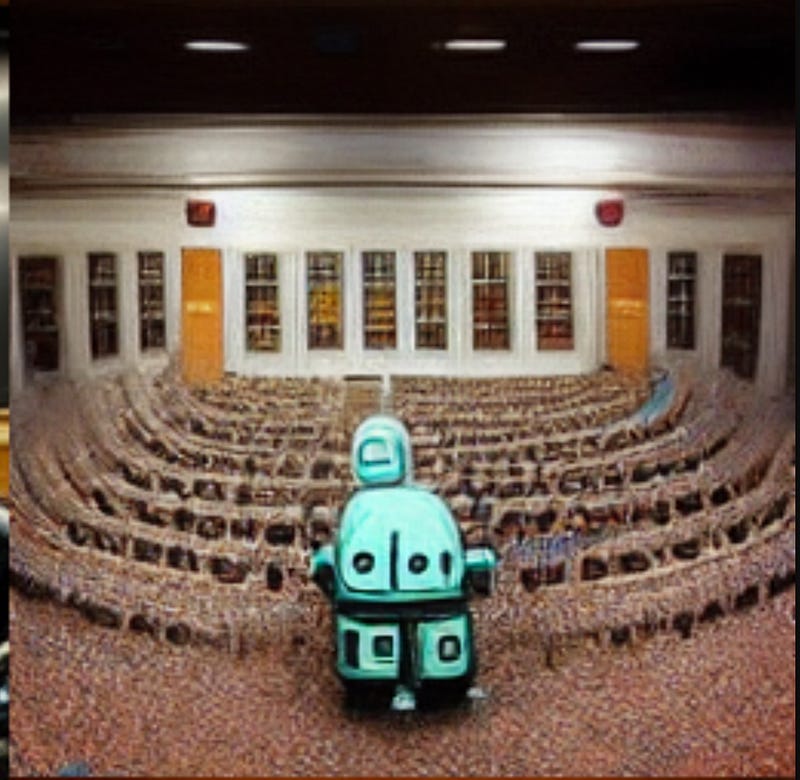5 Articles To Get Teachers Thinking about Ai in Education
Ai technology is on the rise. There is no avoiding it for educators.
Newsletter
So that you can better prepare students and curricula
If you haven’t been thinking about how Ai is affecting your classroom or how your child learns, you probably want to keep an eye out for discussions about Ai in education.
With the speedy advancements in Ai technology, we will all be dealing with…




